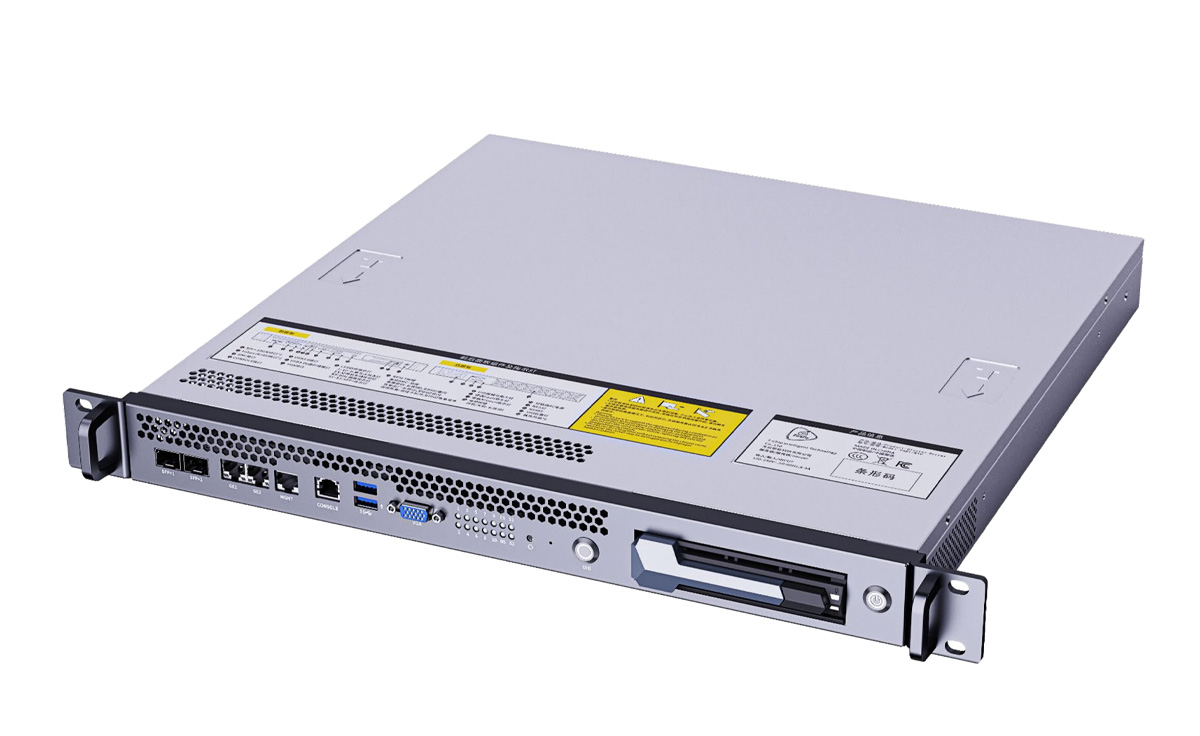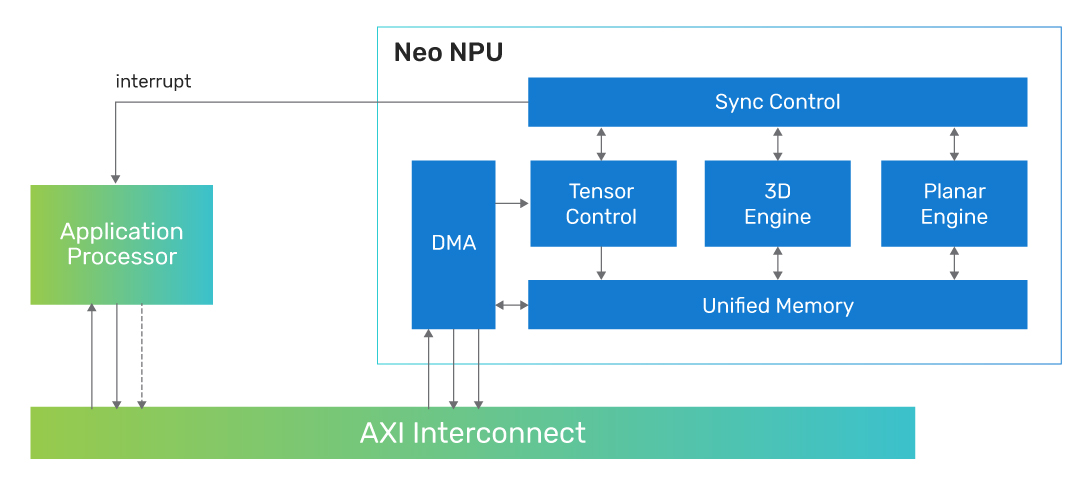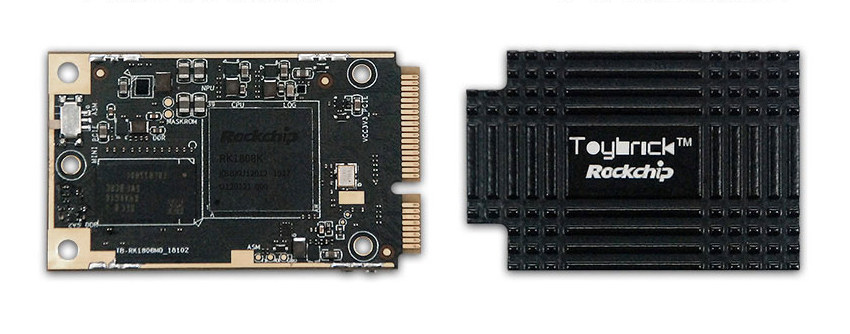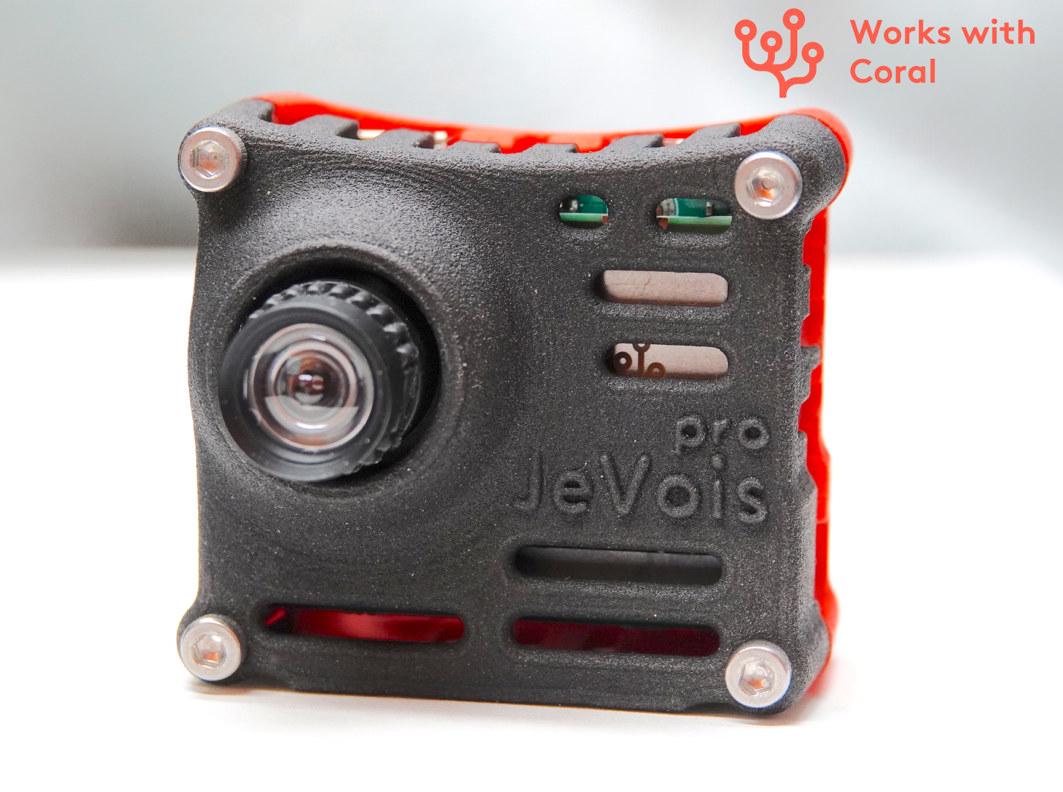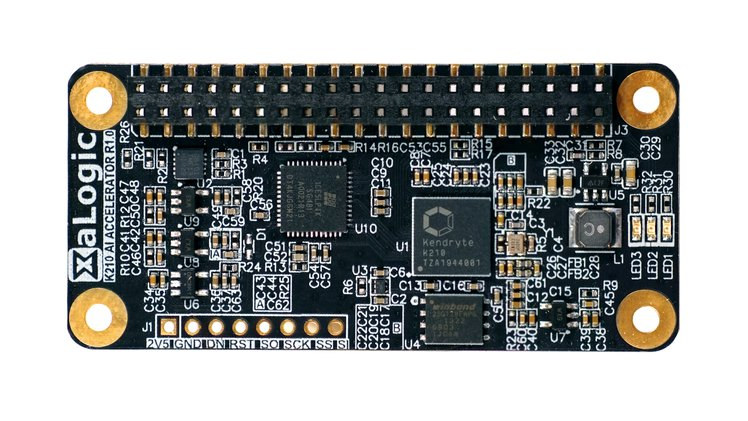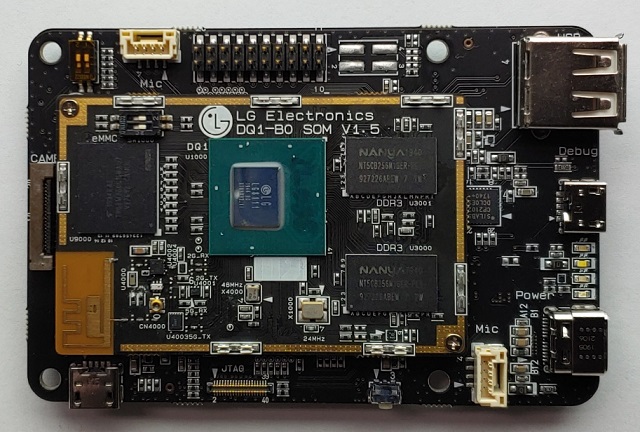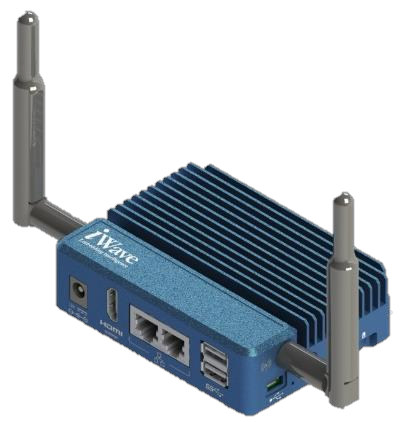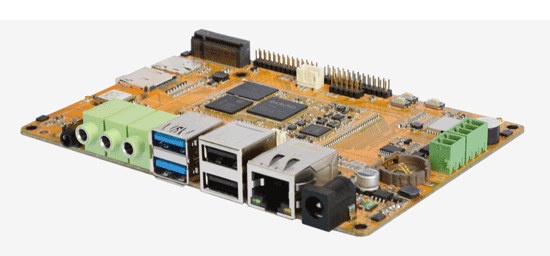Firefly has recently introduced the CSB1-N10 series AI cluster servers designed for applications such as natural language processing, robotics, and image generation. These 1U rack-mounted servers are ideal for data centers, private servers, and edge deployments. The servers have multiple computing nodes, featuring either energy-efficient processors (Rockchip RK3588, RK3576, or SOPHON BM1688) or high-performance NVIDIA Jetson modules (Orin Nano, Orin NX). With 60 to 1000 TOPS AI power, the CSB1-N10 servers can handle the demands of large AI models, including language models like Gemma-2B and Llama3, as well as visual models like EfficientVIT and Stable Diffusion. CSB1-N10 series specifications All CSB1-N10 AI servers have the same interfaces, and the only differences are the CPU, memory, storage, multimedia, AI capabilities, and related software support. So it’s likely Firefly has made Rockchip system-on-modules compatible with NVIDIA Jetson SO-DIMM form factor, and indeed we previously noted that Firefly designed Core-1688JD4, Core-3576JD4, or Core-3588JD4 […]
Cadence Neo NPU IP scales from 8 GOPS to 80 TOPS
Cadence Neo NPU (Neural Processing Unit) IP delivers 8 GOPS to 80 TOPS in single core configuration and can be scaled to multicore configuration for hundreds of TOPS. The company says the Neo NPUs deliver high AI performance and energy efficiency for optimal PPA (Power, Performance, Area) and cost points for next-generation AI SoCs for intelligent sensors, IoT, audio/vision, hearables/wearables, mobile vision/voice AI, AR/VR and ADAS. Some highlights of the new Neo NPU IP include: Scalability – Single-core solution is scalable from 8 GOPS to 80 TOPS, with further extension to hundreds of TOPS with multicore Supports 256 to 32K MACs per cycle to allow SoC architects to meet power, performance, and area (PPA) tradeoffs Works with DSPs, general-purpose microcontrollers, and application processors Support for Int4, Int8, Int16, and FP16 data types for CNN, RNN and transformer-based networks. Up to 20x higher performance than the first-generation Cadence AI IP, with […]
mini PCIe module features Rockchip RK1808K SoC with 3.0 TOPS NPU
Rockchip RK1808 SoC with a built-in 3.0 TOPS AI accelerator has been around since 2019, and we’ve seen it in USB compute sticks, SBCs, and even in Pine64 SoEdge-RK1808 SO-DIMM module, but somehow never in the more widely used M.2 or mPCIe form factors. Toybrick TB-RK1808M0 changes that and offers Rockchip RK1808K SoC coupled with 1GB RAM and an 8GB eMMC flash in a mini PCIe module that exposes USB 3.0, USB 2.0, UART, and GPIO signals. Toybrick TB-RK1808M0 specifications: SoC – Rockchip RK1808K CPU – Dual-core Cortex-A35 processor @ up to 1.4 GHz AI Accelerator – 3.0 TOPS NPU for INT8 inference (300 GOPS for INT16, 100 GFLOPS for FP16) VPU – 1080p60 H.264 decode, 1080p30 H.264 encode System Memory – 1GB DDR Storage – 8GB eMMC flash Host interface – Mini PCIe edge connector with USB 3.0, USB 2.0, UART, and GPIO Misc – Heatsink for cooling Supply […]
Jevois Pro small AI camera with Amlogic A311D SoC offers up to 13 TOPS (Crowdfunding)
Jevois-A33 smart camera was a tiny Linux camera with Allwinner A33 processor designed for computer vision applications and announced in 2016. I had the opportunity to review the computer vision camera the following year, and it was fun to use to learn about computer vision with many examples, but since it relied on the CPU for processing, it would not have been suitable for all projects due to the lag, as for example, object detection took 500ms and Yolo V3 around 3 seconds per inference. But time has passed, and great progress has been made in the computer vision and AI fields with the tasks now usually handled by a built-in NPU, or an AI accelerator card. So JeVois Pro deep learning camera has just been launched with an Amlogic A311D processor featuring a 5 TOPS NPU, and support for up to 13 TOPS via a Myriad X or Google […]
K210 AI Accelerator Raspberry Pi pHAT targets secure AIoT projects (Crowdfunding)
Kendryte K210 is a dual-core RISC-V AI processor that was launched in 2018 and found in several smart audio and computer vision solutions. We previously wrote a Getting Started Guide for Grove AI HAT for Raspberry Pi using Arduino and MicroPython, and XaLogic XAPIZ3500 offered an even more compact K210 solution as a Raspberry pi pHAT with Raspberry Pi Zero form factor. The company is now back with another revision of the board called “XaLogic K210 AI accelerator” designed to work with Raspberry Pi Zero and larger boards with the 40-pin connector. K210 AI Accelerator board specifications: SoC – Kendryte K210 dual-core 64-bit RISC-V processor @ 400 MHz with 8MB on-chip RAM, various low-power AI accelerators delivering up to 0.5 TOPS, Host Interface – 40-pin Raspberry Pi header using: SPI @ 40 MHz via Lattice iCE40 FPGA I2C, UART, JTAG, GPIOs signals Security Infineon Trust-M cloud security chip 128-bit AES […]
LG launches LG8111 AI SoC and development board for Edge AI processing
LG Electronics has designed LG8111 AI SoC for on-device AI inference and introduced the Eris Reference Board based on the processor. The chip supports hardware processing in artificial intelligence functions such as video, voice, and control intelligence. LG8111 AI development board is capable of implementing neural networks for deep learning specific algorithms due to its integrated “LG-Specific AI Processor.” Also, the low power and the low latency feature of the chip enhances its self-learning capacity. This enables the products with LG8111 AI chip to implement “On-Device AI.” Components and Features of the LG8111 AI SoC LG Neural engine, the AI accelerator has an extensive architecture for “On-Device” Inference/Leaning with its support on TensorFlow, TensorFlow Lite, and Caffe. The CPU of the board comes with four Arm Cortex A53 cores clocked at 1.0 GHz, with an L1 cache size of 32KB and an L2 cache size of 1MB. The CPU also […]
FPGA powered Corazon-AI gateway supports up to 8 IP cameras for video analytics
Earlier this year, we covered some video analytics solutions based on AAEON UP Xtreme Edge embedded computer combining an Intel Whiskey Lake processor with Intel Movidius Myriad X AI accelerator modules, as well as video management & analytics software solutions from Milestones & SAIMOS, or aotu.ai BrainFrame. iWave Systems has now introduced a similar solution with Corazon-AI gateway capable of handling up to 8 IP cameras in real-time, but instead of relying on AI accelerators, the company leverages Xilinx Zynq Ultrascale+ Arm Cortex-A53/R5 FPGA MPSoC for AI inference. Corazon-AI gateway specifications: SoC – Xilinz Zynq Ultrascale+ ZU2, ZU3, ZU4 or ZU5 MPSoC Processing System (PS) Quad/Dual Arm Cortex-A53 @ 1.5GHz, dual Cortex-R5 @ 600MHz Arm Mali-400MP2 GPU @ 677MHz H.264/H.265 Video Encoder/Decoder Programming Logic (PL) Up to 256K Logic cells PL GTH Transceivers x 4 @ 12.5 Gbps System Memory 64bit, 2GB DDR4 with ECC for PS (upgradable) 32bit, 1GB […]
Boardcon RK1808 SBC Targets Smart Audio & Computer Vision Applications
Rockchip RK1808 neural network processing unit was initially an IP Block inside RK3399Pro, but the company eventually launched RK1808 Cortex-A35 processor as a standalone solution now providing up to 3.0 TOPS for AI inferencing in modules, USB sticks, and development kits. Boardcon offers another option with EM1808, a Rockchip RK1808 SBC equipped with the processor. The board should be suitable for two main types of AI applications, namely smart audio applications thanks to four audio ports, speaker header, & an onboard 4-mic array, and computer vision with MIPI CSI & DSI interfaces. Boardcon EM1808 board is comprised of a baseboard and CPU module with the following overall specifications: SoC – Rockchip RK1808 dual Cortex-A35 processor up to 1.6GHz with 3.0 TOPS (for INT8) NPU, VPU supporting H.264 1080p60 decode, 1080p30 encode System Memory- 2GB LPDDR3 Storage – 8GB eMMC flash, MicroSD slot, M.2 NVMe SSD interface Display I/F – 26-pin […]


